EVclouts brought EVs New article for you, EV manufacturers Toyota and Hyundai have been banned by the UK’s advertising watchdog for mislead customers. According to The Guardian, two ad campaigns from EV manufacturers Toyota and Hyundai have been banned by the UK’s advertising watchdog, the Advertising Standards Agency (SAS), for making false claims about charging times and the availability of chargers.
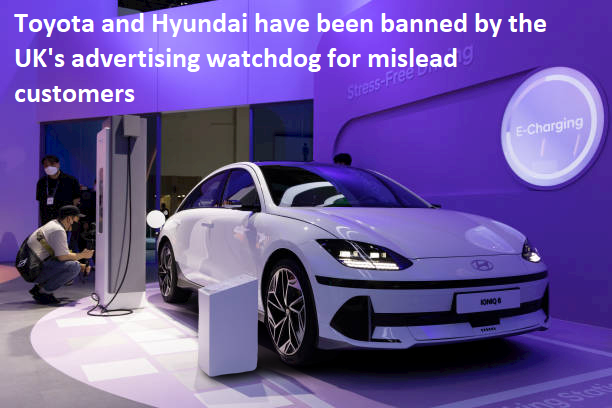
While running a campaign slogan has been proclaimed “making electric easy” by Toyota , the manufacturer of the bz4x , on their website claiming that the crossover could be charged to 80% state of charge (SoC) using a 150-kilowatt DC fast charger in about 30 minutes.
Hyundai advertised the Ioniq 5’s ability to charge from 10 percent to 80 percent from a 350 kW charger using its website, a YouTube video featuring Chelsea players, and a digital billboard in Piccadilly Square in London.
Also Read Article
Toyota and Hyundai have been banned by the UK’s advertising watchdog for mislead customers
The Japanese automaker also asserted that drivers could “easily find rapid-charging points in a number of public locations,” particularly in locations where “drivers were most likely to need them.”
The charging time claims, which both companies acknowledged were accomplished in ideal circumstances, were, however, the subject of report that called into question their veracity. Additionally, the assertions regarding the accessibility of DC fast chargers in the United Kingdom were disputed.
According to The Guardian, Toyota based its claims regarding the availability of chargers on a website called Zap Map, which displays the locations of charging stations without specifically excluding 150 kW chargers. Instead, it only indicated that there were 419 chargers spread out among 134 locations in the UK; however, only seven of those were located in Scotland, 2 in Wales, and zero in Northern Ireland.
Both Hyundai and Toyota asserted that their claims were accurate because drivers could use the slower charge points that were more widely dispersed and were less likely to require fast charging for brief trips. But was that really the purpose of the advertising campaigns?
“We concluded that because the ads omitted material information about the factors that could significantly affect the advertised charging time and the limitations in relation to availability … the claims had not been substantiated and were misleading,” the ASA ruled.
This is the first time the UK’s ASA has prohibited advertising claims about electric cars.
Source : The Guardain
Also See Latest EVs










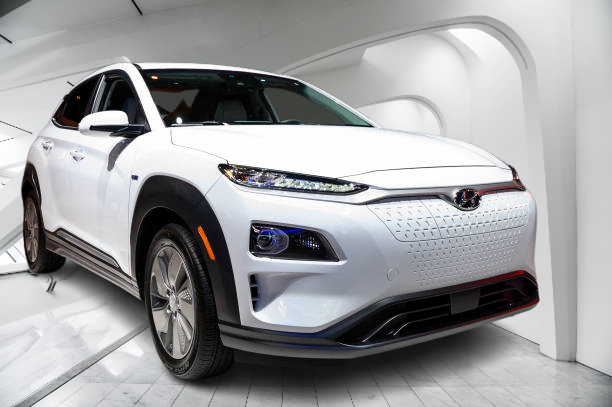
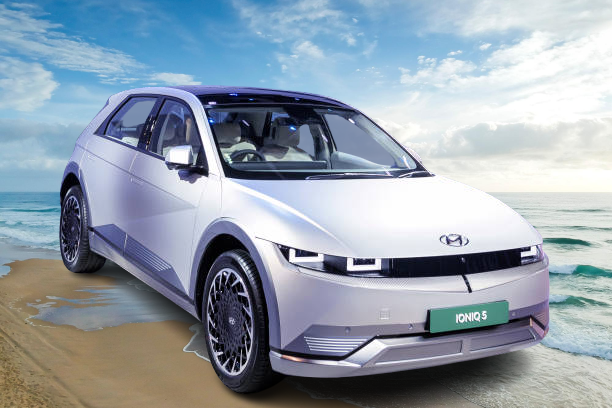
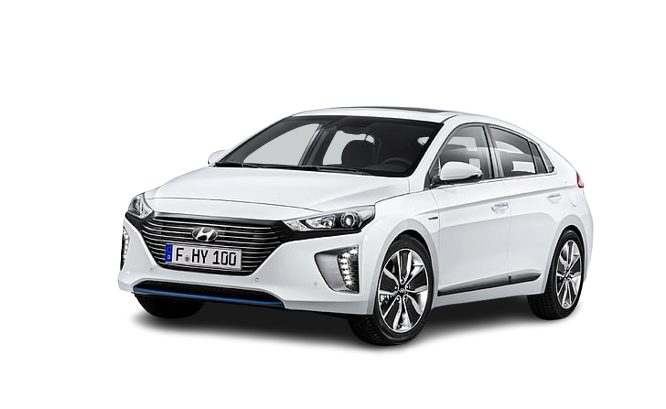
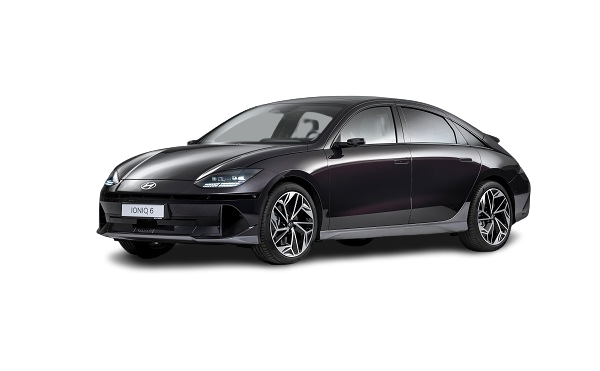
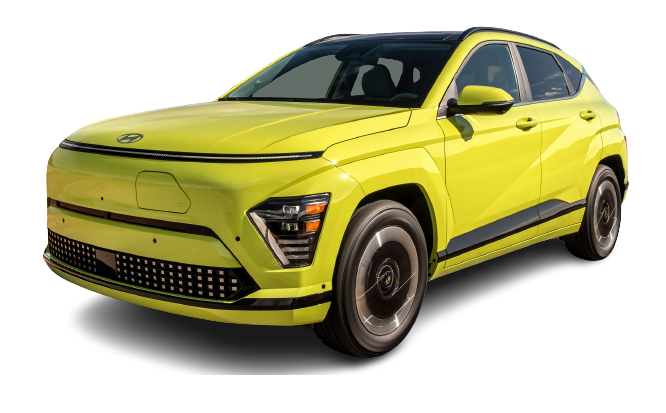
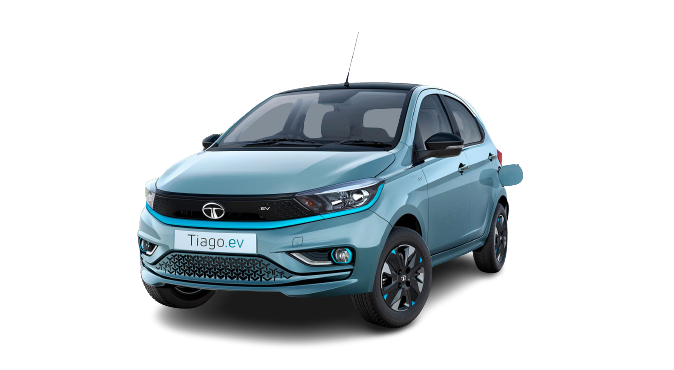
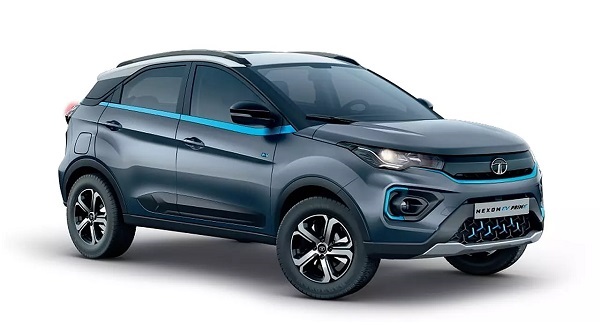
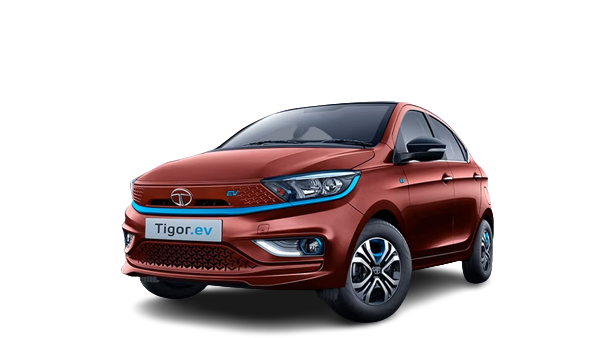
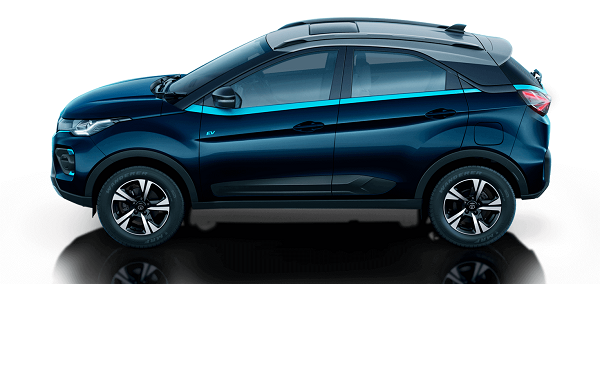

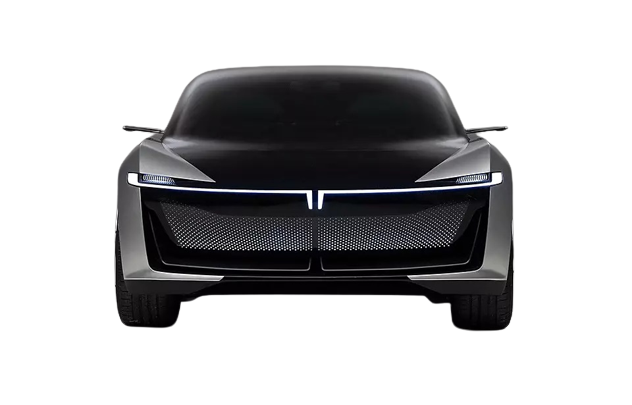
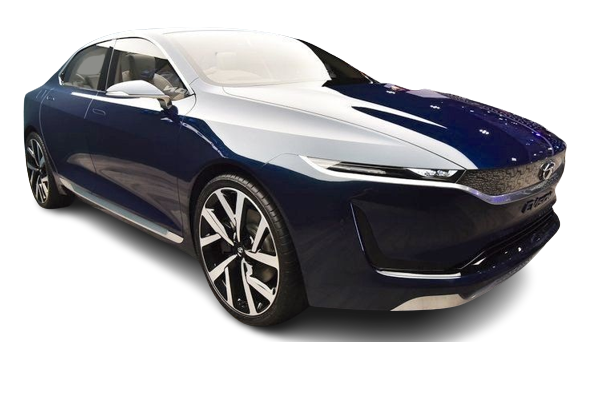
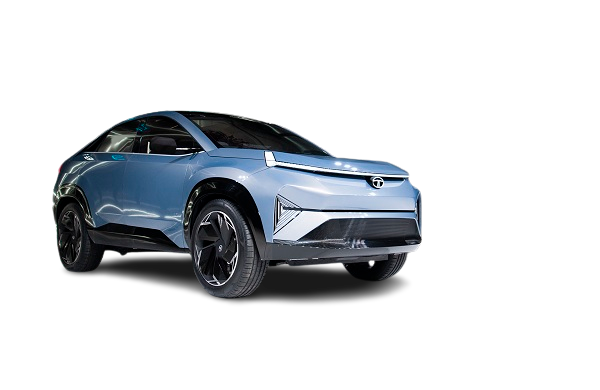
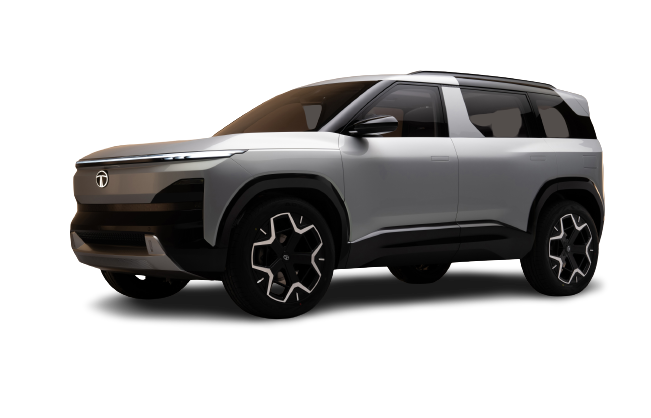


Leave a Reply